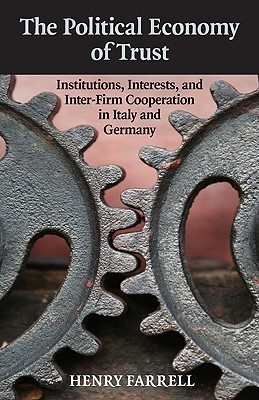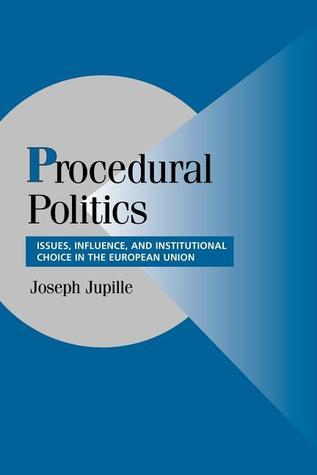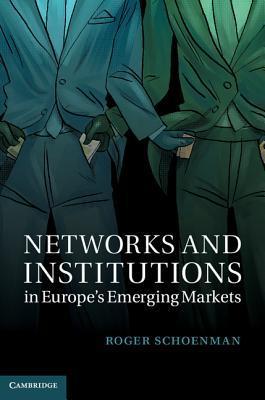
The Political Economy of Trust
Institutions, Interests, and Inter-Firm Cooperation in Italy and Germany
2005
First Published
3.33
Average Rating
256
Number of Pages
Part of Series
Trust and cooperation are at the heart of the two most important approaches to comparative politics rational choice and political culture. Yet we know little about trust s relationship to political institutions. This book sets out a rationalist theory of how institutions and in particular informal institutions - can affect trust without reducing it to fully determinate expectations. It then shows how this theory can be applied to comparative political economy, and in particular to explaining inter-firm cooperation in industrial districts, geographical areas of intense small firm collaboration. The book compares trust and cooperation in two prominent districts in the literature, one in Emilia Romagna, Italy, and the other in Baden-W rttemberg, Germany. It also sets out and applies a theory of how national informal institutions may change as a result of changes in global markets, and shows how similar mechanisms may explain persistent distrust too among Sicilian Mafiosi.
Avg Rating
3.33
Number of Ratings
3
5 STARS
0%
4 STARS
33%
3 STARS
67%
2 STARS
0%
1 STARS
0%
goodreads
Author
Henry Farrell
Author · 2 books
Henry Farrell is the Stavros Niarchos Foundation Agora Institute Professor of International Affairs at SAIS, and 2019 winner of the Friedrich Schiedel Prize for Politics and Technology. Previously, he served as a professor of political science and international affairs at George Washington University. He works on a variety of topics, including democracy, the politics of the internet, and international and comparative political economy. He is author of Of Privacy and Power: The Transatlantic Fight over Freedom and Security (with Abraham Newman, 2019) and The Political Economy of Trust: Interests, Institutions and Inter-Firm Cooperation (2009).


